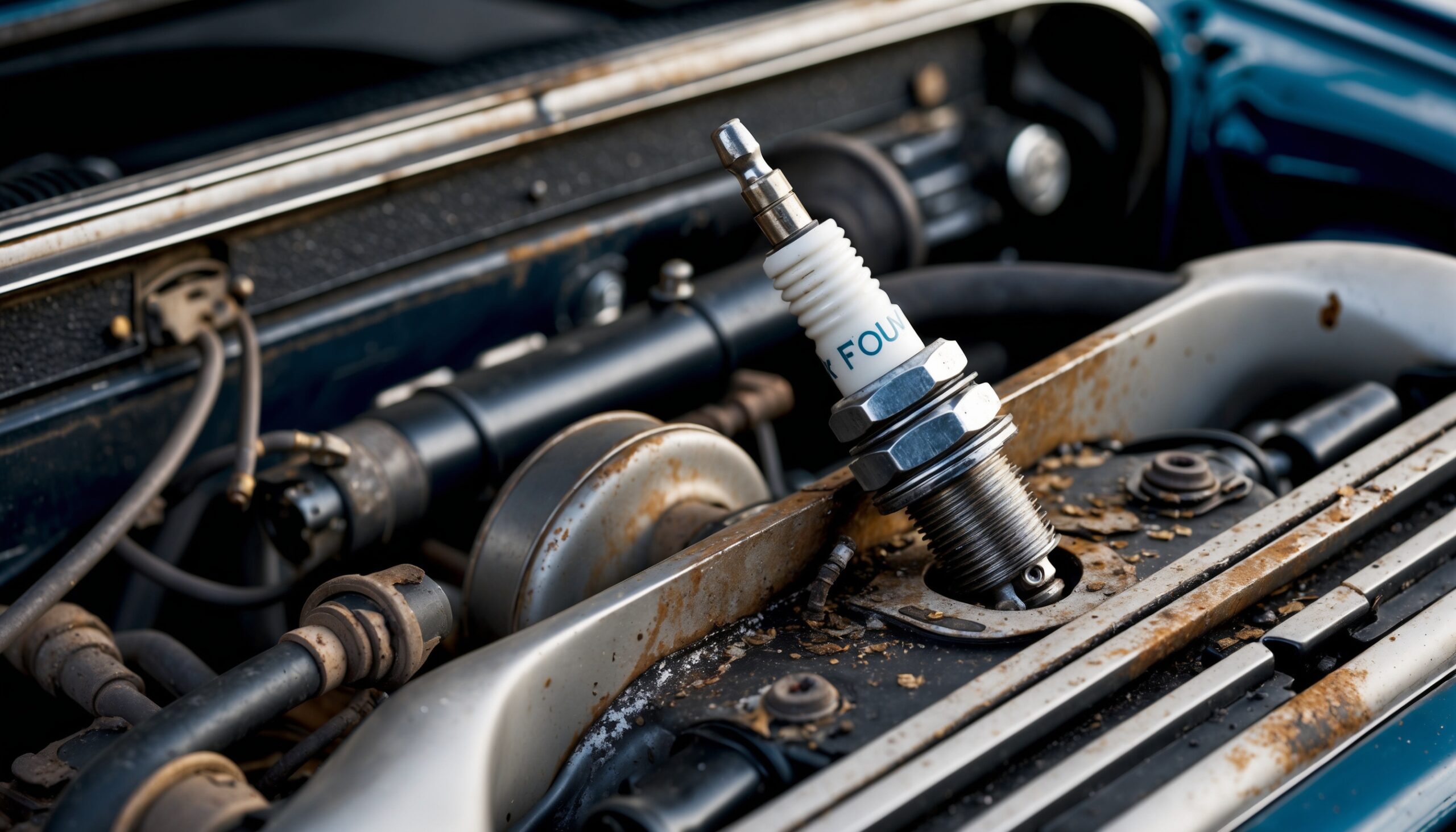Here’s How To Check If Your Car Has A Recall
As a car enthusiast, maintaining your vehicle’s performance and safety is likely at the top of your priority list. One vital aspect of vehicle safety that often flies under the radar is recalls. Recalls can happen for a variety of reasons, from minor inconveniences to serious safety issues. But how can you find out if your car has a recall? Fear not! Torque Feed has you covered with a step-by-step guide that’ll help you navigate the world of vehicle recalls with ease.
Understanding Vehicle Recalls
Before diving into the how-to, let’s take a moment to understand what a vehicle recall really means. A recall occurs when a manufacturer identifies a defect in a vehicle that poses a risk to safety or does not comply with federal regulations. This could involve anything from faulty brakes to issues with the airbag system. When a recall is issued, manufacturers are obligated to fix the problem at no cost to the vehicle owner.
Also Read: GM Once Built A V12 Engine That Weighed More Than An Original Mini Cooper
As car enthusiasts, we know that our vehicles are more than just modes of transportation; they are an extension of ourselves. So, ensuring that they are safe and functioning optimally is crucial. Here’s how you can check if your car has any outstanding recalls.
Step 1: Gather Your Vehicle Information
Before you can check for any recalls, you need to have some important information at your fingertips. Gather the following details:
- Vehicle Identification Number (VIN): This unique 17-character code is like a fingerprint for your vehicle. It can usually be found on the dashboard near the windshield, on the driver’s side door jamb, or on your vehicle registration documents.
- Make and Model: Knowing your car’s make and model can help streamline the search process.
- Year of Manufacture: The year your vehicle was manufactured is essential, as recalls are often specific to certain production years.
Step 2: Online Recall Check
Once you have your vehicle information, the next step is to check online. Here are a few trusted resources to help you look up any recalls:
NHTSA (National Highway Traffic Safety Administration)
The NHTSA is a government agency that maintains a comprehensive database of vehicle recalls. Here’s how to use their website:
- Visit the NHTSA Recall page.
- Enter your VIN in the designated field.
- Click “Search” and review the results. The site will inform you if there are any open recalls associated with your vehicle.
Manufacturer’s Website
Many manufacturers have a dedicated section on their websites for recalls. Here’s how to navigate that:
- Go to your vehicle manufacturer’s official website.
- Look for a link labeled “Recalls” or “Safety Information.”
- Enter your VIN or follow the prompts to check for recalls.
Online Recall Check Tools
There are also several third-party websites that provide recall information. While these can be convenient, always cross-reference with official sources to ensure accuracy. Some popular options include:
Also Read: Turns Out, There Are Some Downsides To Off-Roading A Dodge Viper

Step 3: Contact Your Dealer
If you prefer a more personal touch, contacting your dealer is an excellent option. Here’s how to go about it:
- Locate the contact information for your vehicle’s dealership. This can usually be found on the manufacturer’s website.
- Call or visit the dealership and provide them with your VIN.
- Ask if there are any active recalls for your vehicle. They should be able to provide you with the most up-to-date information.
Step 4: Sign Up for Recall Alerts
To stay ahead of the game, consider signing up for recall alerts. Many manufacturers and the NHTSA offer alert systems that notify you when a recall is issued for your vehicle. Here’s how to set it up:
- Visit the NHTSA website and look for the “Recall Alerts” section.
- Provide your email address and vehicle details to receive notifications.
- Alternatively, check with your vehicle manufacturer for similar services.
Step 5: Understanding Recall Notices
If you discover that your vehicle is subject to a recall, you’ll receive a recall notice in the mail from the manufacturer. This notice will include:
- The nature of the defect: A detailed explanation of the issue.
- The risk: Information on how the defect could affect your safety.
- What to do next: Instructions on how to get the recall repaired.
Step 6: Getting the Recall Fixed
Once you know your vehicle has a recall, it’s crucial to get it addressed promptly. Here’s what to do:
- Contact your dealership: Schedule an appointment to have the recall addressed.
- Documentation: Bring any relevant documents, such as your recall notice and vehicle registration.
- Cost: Repairs for recalls are mandatory and should be performed at no cost to you.
Additional Tips for Car Enthusiasts
As automotive aficionados, staying informed about recalls goes beyond just safety; it’s also about protecting your investment. Here are some additional tips:
- Regular Maintenance: Keep your vehicle in top shape by adhering to regular maintenance schedules.
- Stay Informed: Follow automotive news outlets and forums to stay updated on recalls and safety information.
- Connect with Fellow Enthusiasts: Join online communities or local car clubs to share experiences and knowledge about vehicle safety.
Conclusion: Stay Safe and Informed
Checking for recalls is an essential part of vehicle ownership, especially for those of us who are passionate about our cars. By following the steps outlined above, you can ensure that your vehicle is safe and free from any defects that could jeopardize your driving experience. Remember, staying informed not only protects you and your passengers but also helps maintain the integrity of the automotive community as a whole. At Torque Feed, we’re dedicated to providing you with the information you need to keep your ride in optimal condition. Happy driving!












